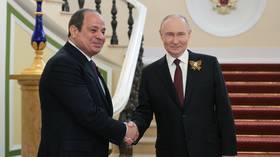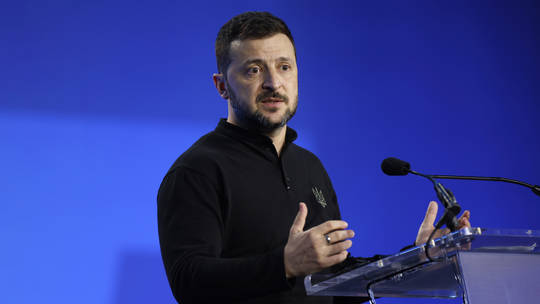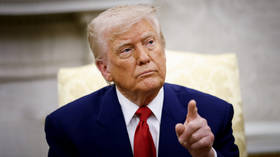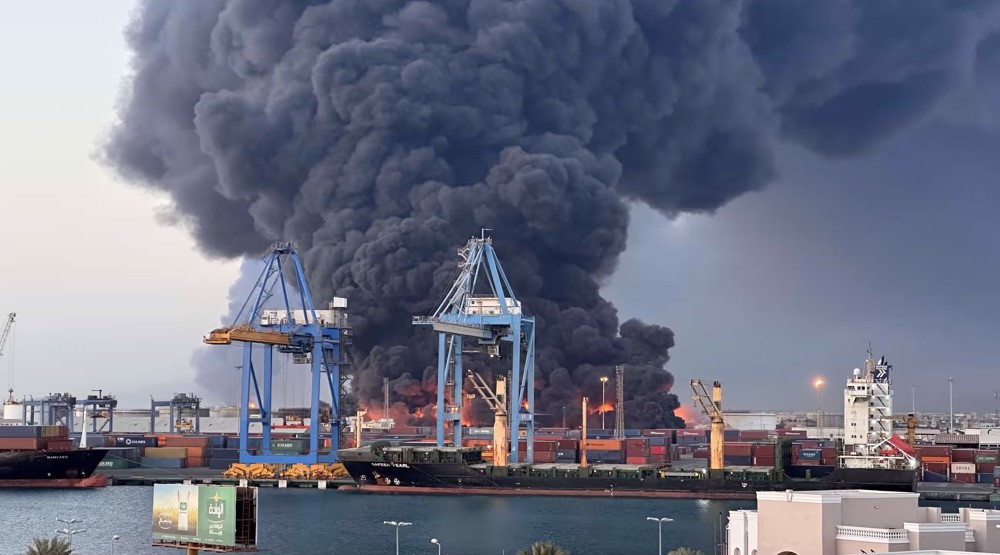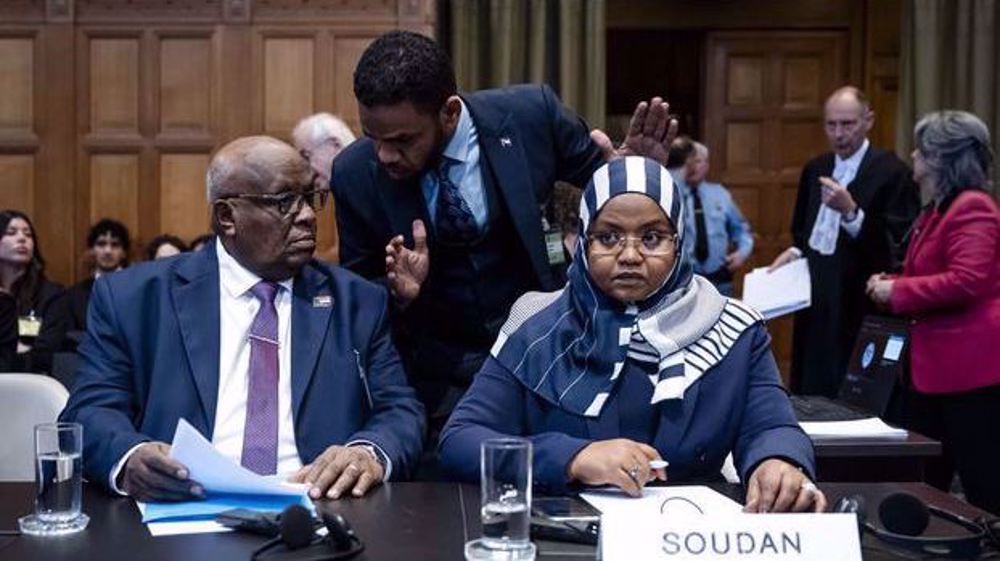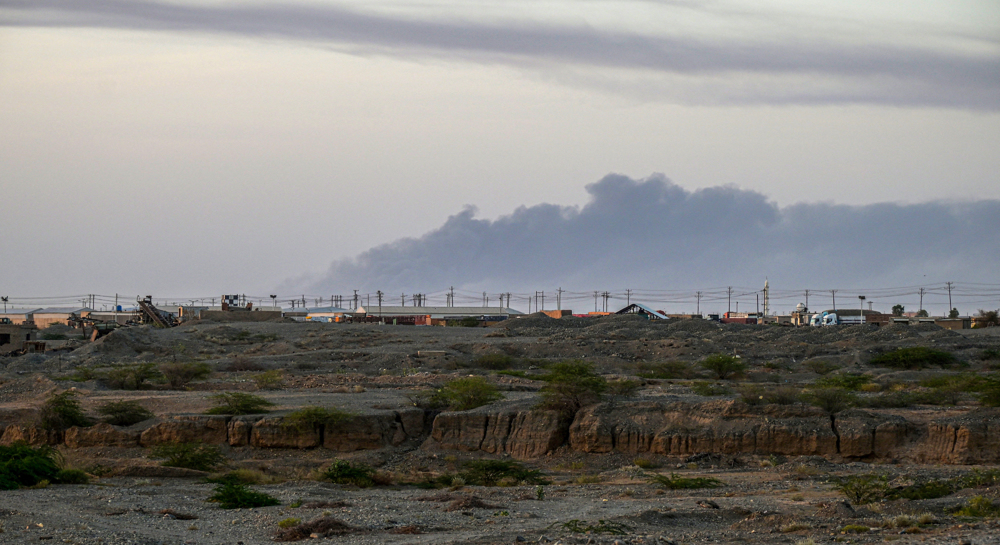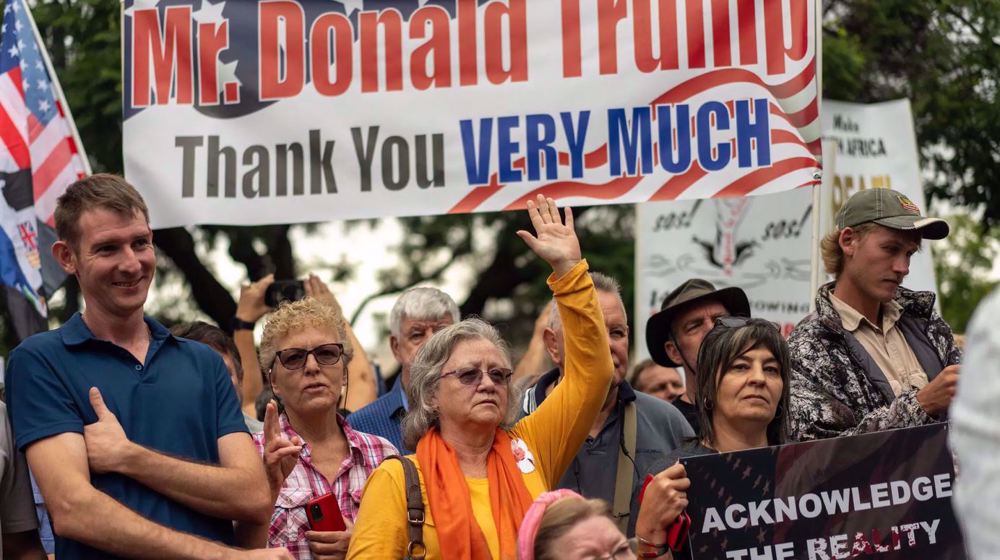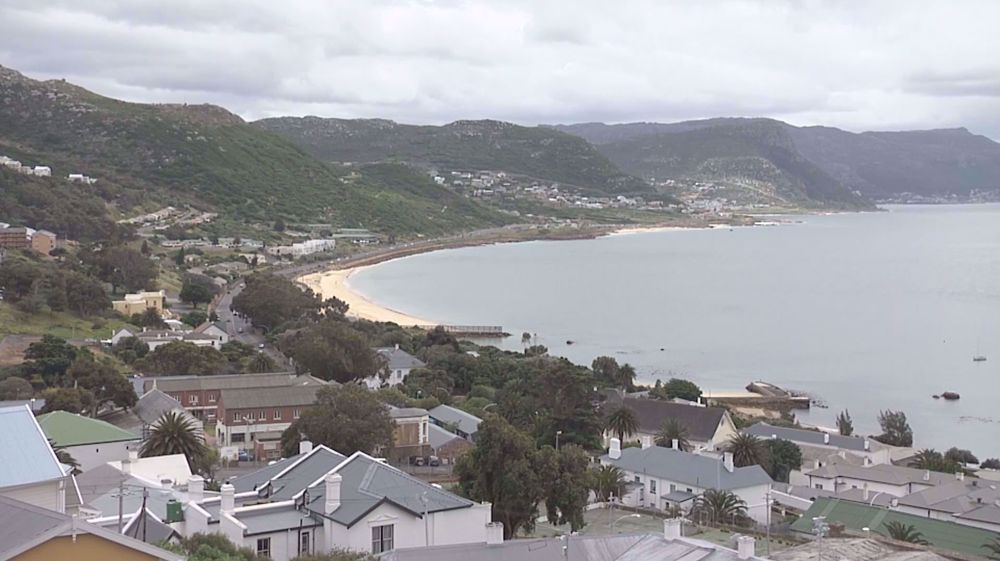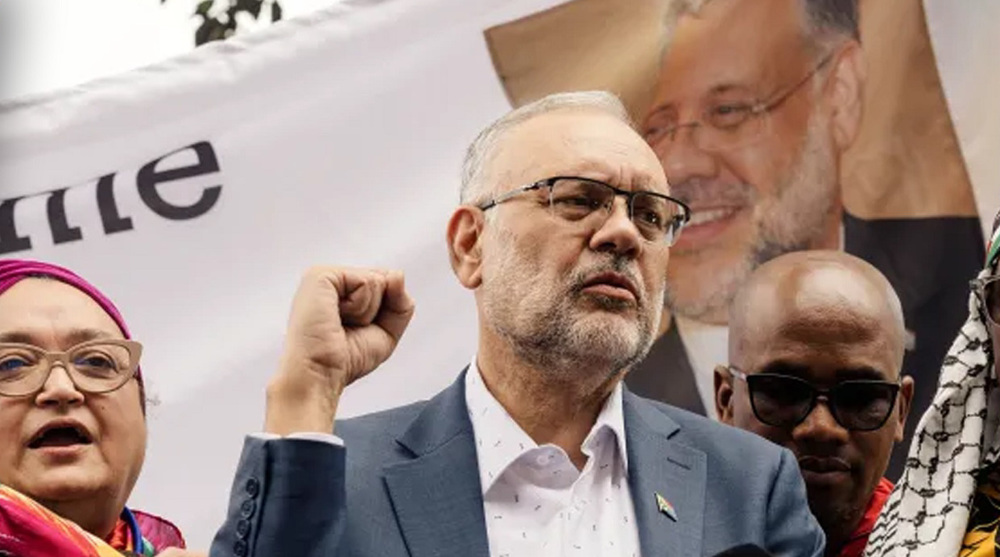
For decades, African-based multinational corporations have drained millions, maybe billions, of dollars from Global South taxpayers through a secretive pseudo-court system known as Investor-State Dispute Settlement (ISDS).

These accusations are according to authors Iza Camarillo and Sarah Stevens in their report titled, “The Scramble for Africa Continues: Impacts of Investor-State Dispute Settlement on African Countries,” released by Public Citizen, which according to its website citizen.org, is a “nonprofit consumer advocacy organization that champions the public interest in the halls of power.”
The report, released in December 2024, takes multinational corporations to task. The authors call out investors for the “draining of millions of dollars from African taxpayers.”
What is ISDS? According to the report, it is “a provision embedded in free trade and investment agreements that empowers multinational corporations and billionaires to sue governments over public interest policies and win compensation from taxpayers.”
While African countries were involved in the 1960s in creating a mechanism for settling disputes titled: “the International Centre for Settlement of Investment Dispute (ICSID),”
They were all but totally ignored by these colonial powers who led the process, the report indicates. Many of these corporations are based in countries that are the former colonial masters of the former colonies and are now being sued.
How did we get here? According to pambazuka.org, in a March 6 article titled “Ongoing Struggles for Resource Control: Economic Sovereignty and Neo-Imperial Backlash,” by Amber Murrey, recent movements for resource sovereignty have not gone without financial penalties incurred by African nations.
Murrey is a member of the International Advisory Board of Pambazuka News and an associate professor of human geography at the University of Oxford. She has called for Africa’s sovereignty over its resources and opposes the pushback the continent receives from its “corporate masters” and former colonizers.
“These and related extractive restructurings and the bold steps to abrogate extractive contracts have triggered a new wave of dismissals in Western policy circles and media—including the near-unanimous description of the West African region as a ‘coup belt,’ and characterizations of its states as ‘hostile,’ ‘unstable,’ ‘jingoistic,’ and ‘disorderly,’” she wrote.
Extractive corporations and mining firms have employed risk consultants to assess the probable damage of resource nationalism to their investment portfolios, Murrey explains.
“Verisk Maplecroft, a firm that focuses on economic forecasting and global risk intelligence, publishes a Resource Nationalism Index (RNI), which ‘measures the risk of expropriation, the imposition of more stringent fiscal regimes, and pressure for companies to source goods and services from local provider,’” she continued.
“In the Index, Verisk Maplecroft claims that 30 countries have ‘witnessed a significant increase in resource nationalism risks,’ with the Democratic Republic of Congo (DRC), Tanzania, Eswatini, and Zimbabwe listed as ‘extreme risks’ in 2019.
It claims that ‘creeping resource nationalism’ is a central ‘threat to operators,’ with DRC accused of ‘squeezing investors’ with a ‘punitive’ 10 percent royalty on coltan, germanium and cobalt,” Murrey added.
The Public Citizen report noted that through the courts, African nations have been “ordered to pay over $5.7 billion to corporations, with an additional $19.5 billion still at stake in ongoing cases. However, due to the lack of publicly available information for many disputes, the actual amounts paid and sought are likely significantly higher.”
The report also noted that ISDS, along with other debilitating effects on the DRC, are designed to stagnate and limit the government’s actions to address environmental concerns.
“A report by the Columbia Center for Sustainable Investment highlights the connection between ISDS and the fossil fuel sector in Mozambique, emphasizing how oil corporations can leverage ISDS to stifle the transition to renewable energy. The report also notes the potential chilling effect on domestic policies, deterring governments from pursuing progressive environmental initiatives,” noted the scramble for Africa report by Camarillo and Stevens.
“More than 70% of the corporations that have launched ISDS lawsuits against African nations are based in Australia, Europe, and the United States. European investors account for 32% of all ISDS cases against African countries,”
Camarillo and Stevens note. “African governments have been forced to pay over $200 million in known ISDS awards and settlements to U.S. investors,” they continue.
The impact of these payments is felt far and wide. As a result, “several African nations have already worked to scale back or fully eliminate ISDS from existing investment agreements,” the report notes.
On November 29, 2024, “over 40 civil society organizations and advocacy groups adopted the Entebbe Declaration in Uganda, presenting an African-led vision to reform global investment frameworks.
The Declaration calls for sustainable, human rights-centered investment policies, the replacement of ISDS with equitable regional dispute mechanisms, and prioritization of renewable energy, local value addition, and environmental protection to align with climate and development goals,” the report states.
If more equitable agreements can be reached, they remain to be seen.
